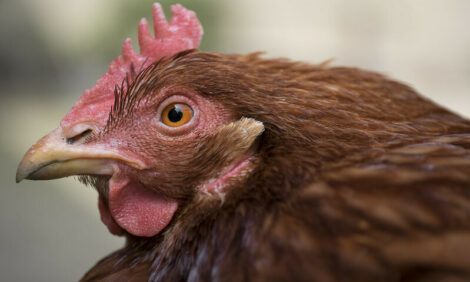



Researchers study effectiveness of heat treatment of poultry houses
A USPOULTRY funded research project has found that heat is an effective method of decontamination.USPOULTRY and the USPOULTRY Foundation announced the completion of a funded research project at the University of Delaware in Newark, Delaware, in which scientists studied the effectiveness of heat treatment of poultry houses.
The research was made possible in part by an endowing Foundation gift from Peco Foods and is part of the Association’s comprehensive research programme encompassing all phases of poultry and egg production and processing. A brief summary of the completed project is shown below. A complete report, along with information on other Association research, may be obtained by going to USPOULTRY’s website, www.uspoultry.org. The project summary is as follows.
Project #F073: Evaluation of Poultry House Heat Treatment as an Alternative to Post Outbreak Wet Cleaning and Disinfection, Dr Eric Benson, University of Delaware, Newark, Delaware
Disinfection of contaminated poultry houses following an outbreak of avian influenza is difficult and expensive. Recently, heat has been used to decontaminate facilities instead of chemical disinfectants. Researchers at the University of Delaware, led by Dr Eric Benson, have completed a research project in which they studied the effectiveness of heat treatment under field conditions. They found that heat can be a very effective method for decontamination but has practical limitations during cold weather. As little as four inches of litter can allow viruses and bacteria to survive heat treatment when treatment is done in a commercial facility during winter.
The research summary can be found on the USPOULTRY website. Information on other Association research may also be obtained by visiting the USPOULTRY website.










